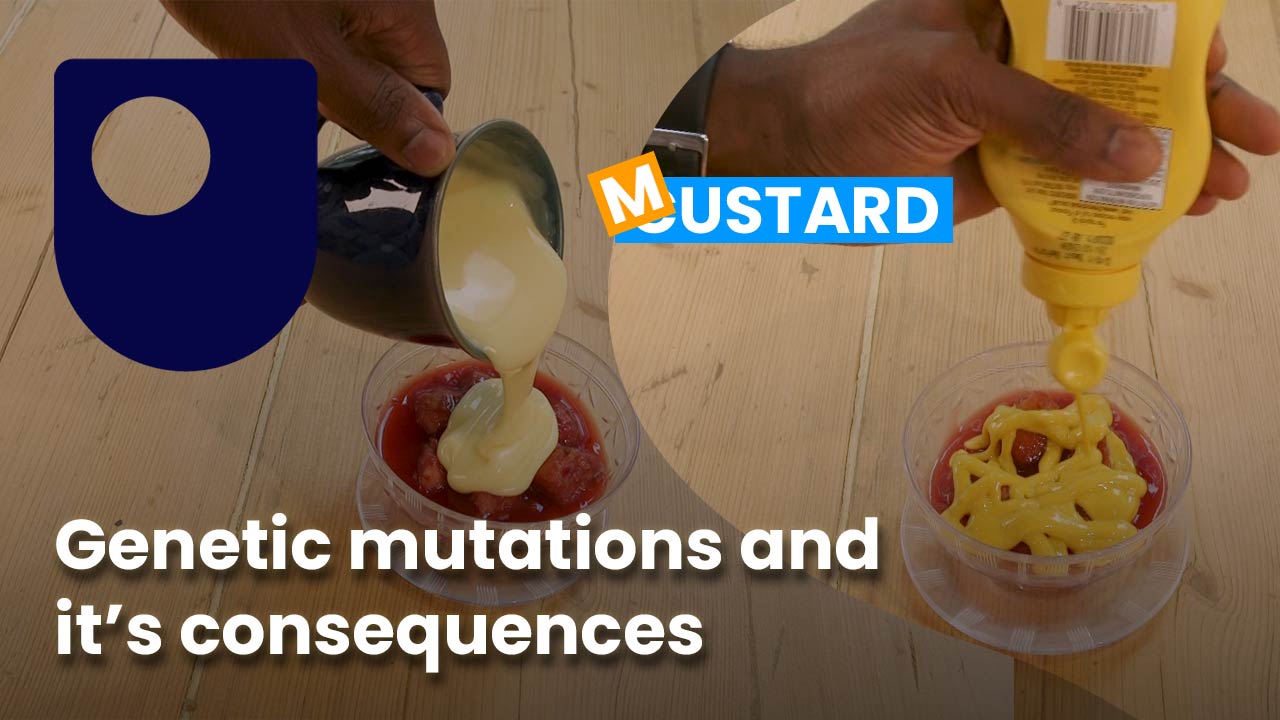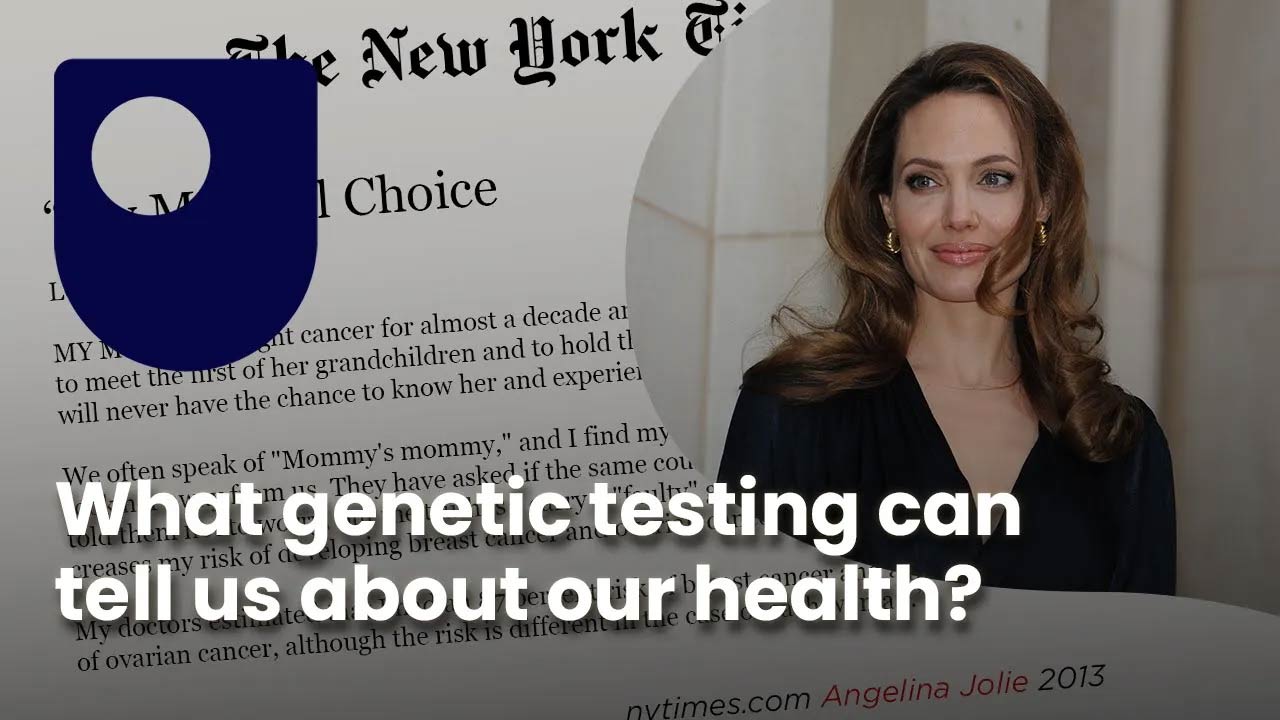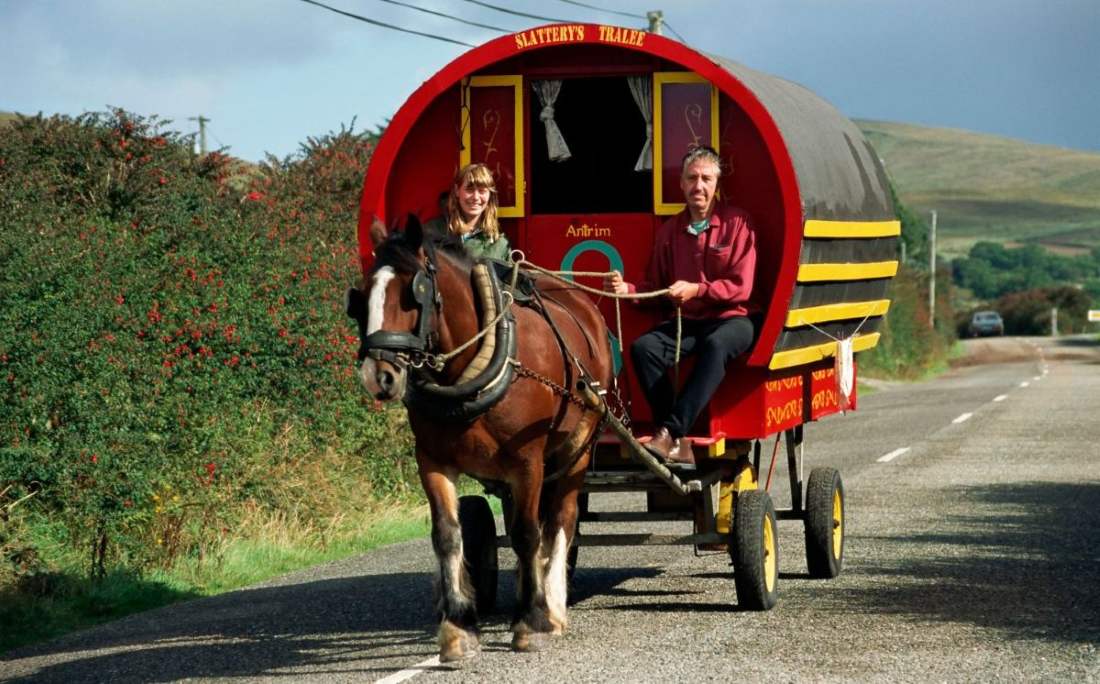Transcript
80.7 KB
In a new documentary, Lisa Robinson – researcher, advocate and one of around a thousand UK university students of Gypsy, Roma and Traveller (GRT) heritage – shares her community’s story. She explores cultural traditions, health inequalities and the legacy of centuries of discrimination, from forced migration to the horrors of the eugenics movement.
Lisa explains how historical isolation has shaped genetic health within GRT populations, not through biological difference but through generations of social exclusion and hardship. With honesty and empathy, she calls for researchers and healthcare providers to approach genetics with cultural understanding and respect.
By amplifying voices like Lisa’s, the GRACE Project aims to rebuild trust and ensure that science serves all communities – turning a story of exclusion into one of empowerment and inclusion.
Visit our YouTube playlist to watch more videos from the GRACE Project, or visit our website to find out more.
Watch the other videos in this series...
-
Introducing the GRACE project – your community and genetics research
Watch now to access more details of Introducing the GRACE project – your community and genetics researchIt’s an exciting time in the field of genetics research. Groundbreaking discoveries are being made, which help us to better understand ourselves and improve our healthcare. But does genetics research represent and benefit us all equally?

-
What is genetics? And how can it affect our health?
Watch now to access more details of What is genetics? And how can it affect our health?We all have roughly the same genes, with more than 99% of our DNA shared in common with any other person. But the less than 1% difference in our genomes makes each of us genetically unique.

-
Medical uses of genetic testing
Watch now to access more details of Medical uses of genetic testingGenetic testing can diagnose disorders, predict health risks, and assess the likelihood of passing conditions to offspring. This helps people make informed health decisions and offers the chance for early screening and interventions.

-
Further uses of genetic testing
Watch now to access more details of Further uses of genetic testingGenetic testing is a valuable tool for understanding many important things about ourselves, from our characteristics to our heritage and identity.

-
Accessing genetic testing through the NHS
Watch now to access more details of Accessing genetic testing through the NHSFind out how to access free genetic testing for personalised healthcare through the NHS, what the process involves, and how your results can support diagnosis and treatment.
.jpg)
Learn more about genetics...
-
What do genes do?
Learn more to access more details of What do genes do?This free course, What do genes do?, explores how information contained in DNA is used, explaining the flow of information from DNA to RNA to protein. Also introduced are the concepts of transcription (as occurs between DNA and RNA) and translation.

-
Gene testing
Learn more to access more details of Gene testingThis free course, Gene testing, looks at three different uses of genetic testing: pre-natal diagnosis, childhood testing and adult testing. Such tests provide genetic information in the form of a predictive diagnosis, and as such are described as predictive tests. Pre-natal diagnosis uses techniques such as amniocentesis to test fetuses in the ...

-
Inheritance of characters
Learn more to access more details of Inheritance of charactersGenes are units of inheritance that contribute to a person's behaviour and health. In this free course, Inheritance of characters, you will learn what genes, DNA and chromosomes are and how they combine to make the human genome. You will also learn how the principles of inheritance work, the effect that our genetic make-up has on health, and how...


Rate and Review
Rate this video
Review this video
Log into OpenLearn to leave reviews and join in the conversation.
Video reviews